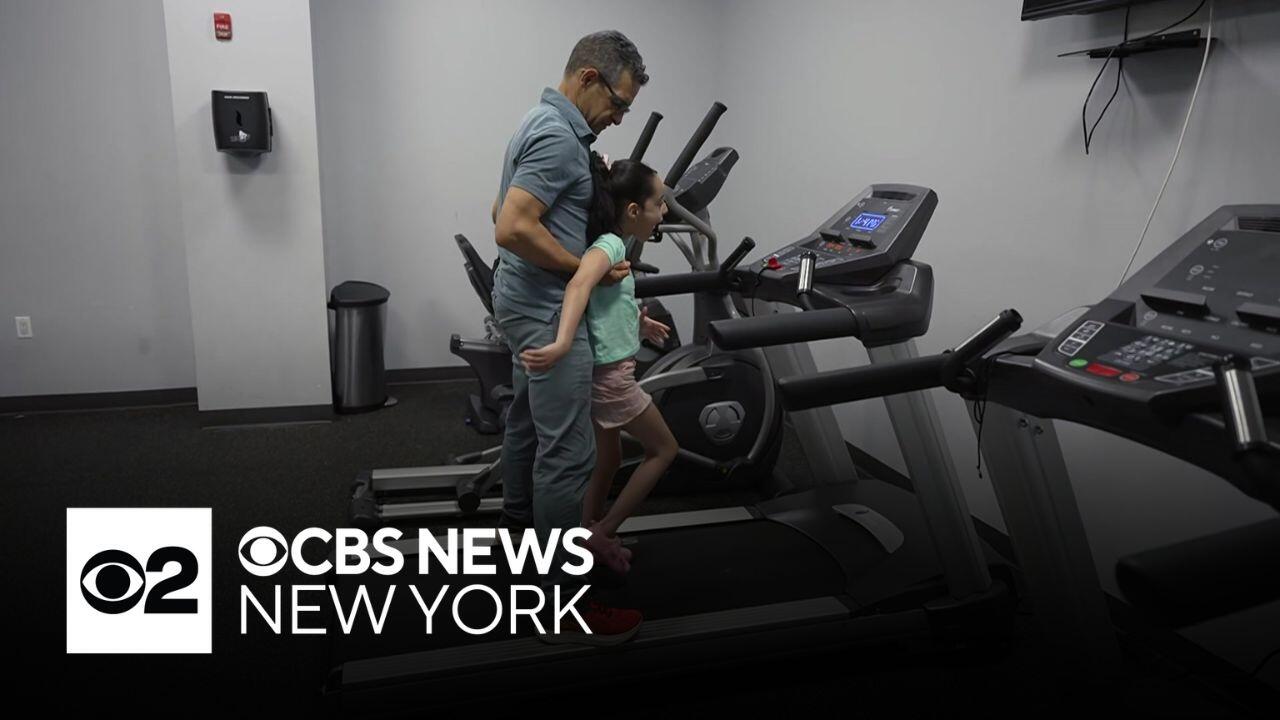New York state quadruples funding for Medical Indemnity Fund. Here's why there are still concerns.
It's a win for children injured at birth by medical malpractice in New York.
Earlier this year, the state set aside just $52 million for a critical program — far short of what it needs to stay afloat. But after CBS News New York investigator Mahsa Saeidi pressed state leaders, the funding quadrupled.
Still, families who rely on the program remain on edge.
Medical Indemnity Fund faces projected $3 billion shortfall
David Diaz's daughter Jhudelisse suffered a neurological injury in the delivery room, but New York state didn't allow the family to collect full damages from the hospitals found to be negligent.
Instead, the state promised to provide lifelong health care through a unique program called the Medical Indemnity fund (MIF). Right now, roughly 1,000 kids are enrolled in MIF, and lawmakers say approximately 100 new kids come into the fund each year.
In July 2024, Diaz told Saeidi that MIF was increasingly denying his daughter's claims.
"Every year it gets tougher and tougher to get the same services we're getting now," he said at the time.
Then, without warning, MIF briefly shut its doors to new enrollees.
The program is financially unstable, facing a projected $3 billion shortfall. Families say the state mismanaged MIF and is now cutting corners.
Despite its abrupt closure in May 2024, neither Health Commissioner James McDonald, who oversees MIF, nor the governor proposed any reforms or additional funding in 2025.
In February, the commissioner told lawmakers MIF would likely run out of cash again, triggering another shutdown, but two months later, when Saeidi had a chance to speak with him, McDonald had a different outlook.
"The fund needs to be reformed, but I'm pleased with what I'm seeing so far in the process. In other words, the legislature's interested in making it sustainable. Same with the governor. I am as well," he said. "So I think we're going to end someplace well at the end of this year, but we'll see where we go. But I don't anticipate it shutting down this year."
Additional funding should keep program open until July 2026
Soon after, the state quadrupled MIF's funding from $52 million to $211 million, preventing a shutdown.
"The reality is, without the help of people like you, we would never have had this happen. And of course it's a win," Diaz told Saeidi.
But he's still concerned.
"We have an opportunity to cover our kid's health costs for another year or two. And we'll see from there," he said.
The state says this money should allow the fund to keep its doors open until July 2026.
State Assemblyman Matt Slater calls the additional funding a "very strong half step." He says he's repeatedly reached out to McDonald to collaborate and find a more long-term solution, but he's never heard back.
"The process itself is still broken. And so, we still are throwing money at a bad process," Slater said.
Slater said in order to fix MIF, the process has to be streamlined.
"Making sure that there's an ombudsman or a panel for the families," he said.
Father believes MIF is trying to cut reimbursement
Diaz said an ombudsman would be useful.
"It's a way to challenge when we get denied for reimbursements," he said.
He added, "I have plenty of medical expenses that should be reimbursed, but it's not being covered."
Before a medical visit, therapy or treatment, Diaz must obtain prior approval from MIF.
Documents show MIF just added new language stating, "This approval does not guarantee rates of reimbursement."
Diaz believes the wording was changed in order to cut reimbursement.
"I mean, what other reason would there be?" he said.
But a health department spokesperson said this language was just added "for awareness, not as a change in policy." The spokesperson also said by law, reimbursement rates are, and have always been, subject to adjustments.





